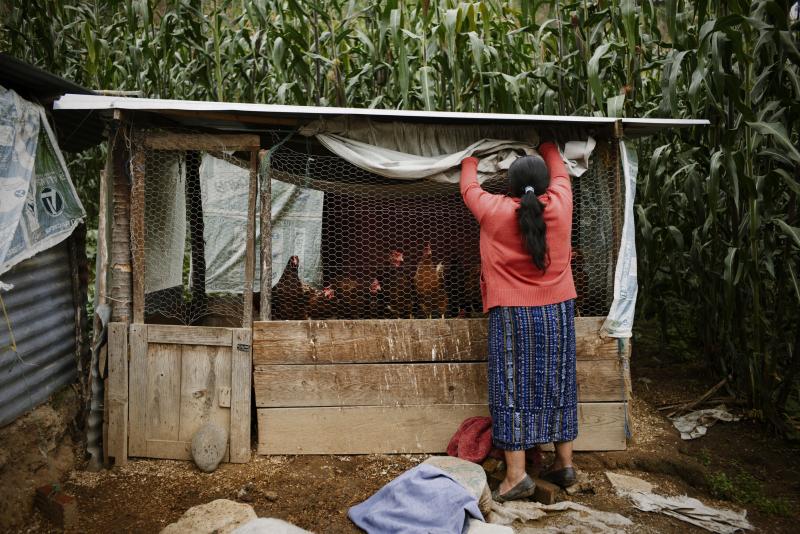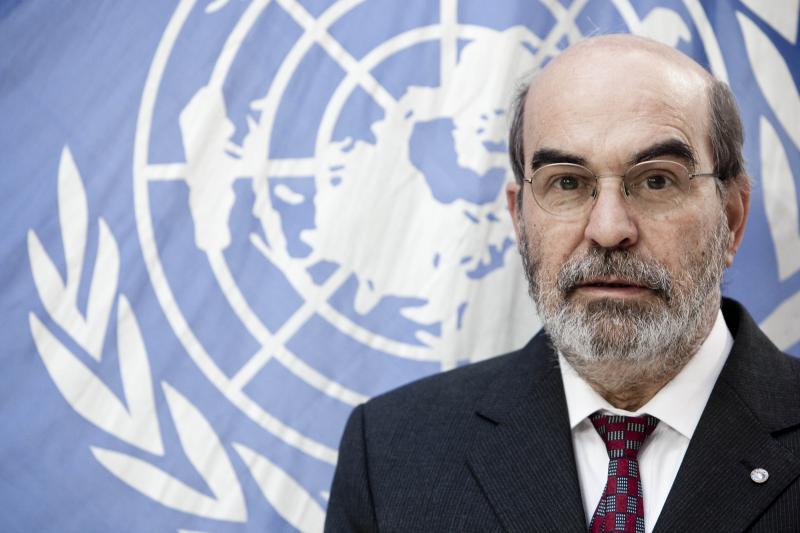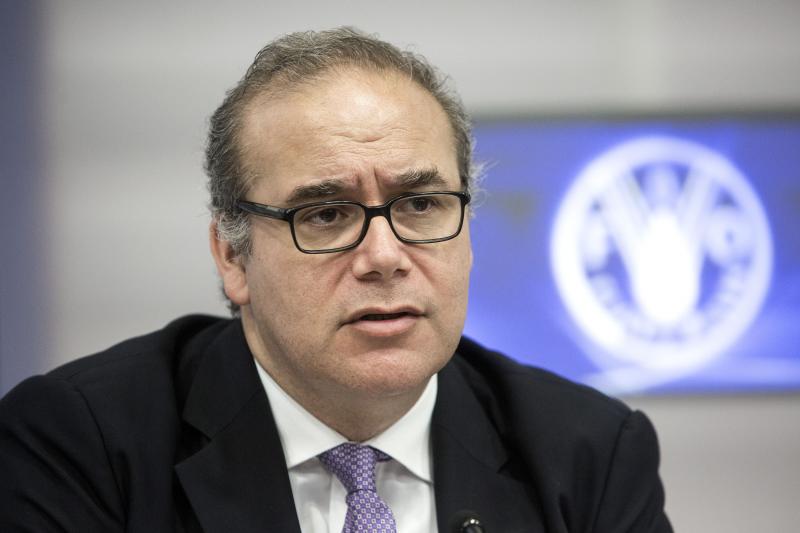
The global pledge to eradicate hunger by 2030 – the Sustainable Development Goal number 2 – committed us all to take any setbacks as a catalyst to redouble efforts and try harder. For the Food and Agriculture Organization of the United Nations (FAO), the international community’s promise to achieve SDG 2 is also our mandate.
On 15 July, FAO and partner UN organizations will release the 2019 edition of The State of Food Security and Nutrition in the World (SOFI). The report monitors a significant number of hunger, food security and nutrition indicators and by doing so offers a data-rich benchmark, enabling stakeholder and policy makers at all levels to guide their individual and collective approaches.
In recent years, the world’s “hunger rate” has stopped declining as it had for decades, underscoring how civil conflicts, climate change and economic slowdowns are making the SDG2 target a more challenging objective to reach. SOFI 2019 focuses on the impacts of economic constraints not only on hunger but also on other forms of malnutrition. It shows, for example, how the higher costs of nutritious and healthy foods are contributing to the increase of overweight and obesity in the world.
The way we measure hunger is also changing. The Prevalence of Undernourishment (PoU) – which is the percentage of the population whose habitual food consumption is insufficient to lead an active and healthy life, and FAO’s key indicator of hunger – still plays a big role in measuring progress toward Target 2.1 of the SDGs. This figure is about one-fourth lower than it was in 2000, a pace of decline that we will need at least to double from now through 2030 if we are to meet the global goal of ending hunger by that year.
There is even more work to do. The Zero Hunger goal, as explicitly laid out in the SDG targets, is not simply to eradicate hunger but also to ensure access by all people to safe, nutritious and sufficient food all year round and to end all forms of malnutrition.
SOFI 2019 will for the first time begin to track a new indicator – the Prevalence of Moderate or Severe Food Insecurity based on the Food Insecurity Experience Scale (FIES). This indicator goes beyond hunger and also includes those affected by “moderate” food insecurity, and thus can be expected to be a much higher number. Given the broader scope, this indicator will help us expand the usefulness of the report for policymaking in reducing food insecurity and malnutrition.
This innovative measure, based on directly asking people through surveys, aims to assess how many people face constraints on their access to nutritious and sufficient food. People facing severe food insecurity have likely run out of food, experienced hunger and, at the most extreme, gone for days without eating, putting their health and well-being at grave risk. People experiencing moderate food insecurity, on the other hand, face uncertainties about their ability to obtain food and have been forced to reduce, at times during the year, the quality and/or quantity of food they consume due to lack of money or other resources.
Designed to capture the universal scope of the Zero Hunger challenge, the FIES underscores that countries of all income levels – even in North America and Europe – have substantial homework still to do, and identifies regions where more than half the population cannot count on consistent access to nutritious and sufficient food.
The report also describes links between food insecurity and various forms of malnutrition. The rapid rise in overweight and obesity around the world – affecting countries of all income levels and often impacting households that are also home to hunger – is of great concern. The report investigates in-depth this alarming global epidemic. Tackling all forms of malnutrition will require bold multisectoral action, involving the health, food, education, social protection, planning and economic policy sectors. Food environments must also be transformed to make nutritious foods more available and affordable.

José Graziano da Silva is the Director-General of the Food and Agriculture Organization of the United Nations.

Máximo Torero is Assistant Director-General for the Economic and Social Development Department at the Food and Agriculture Organization of the United Nations.









